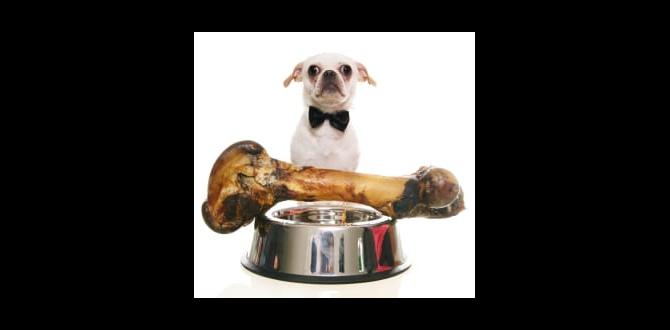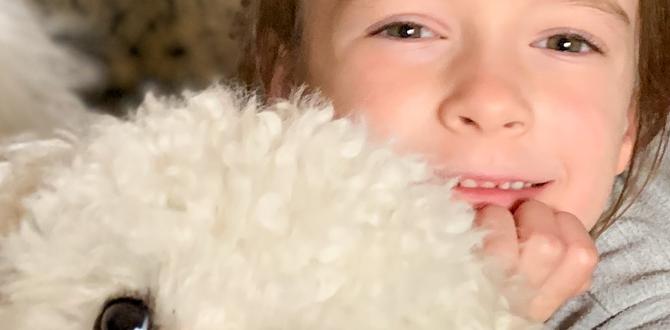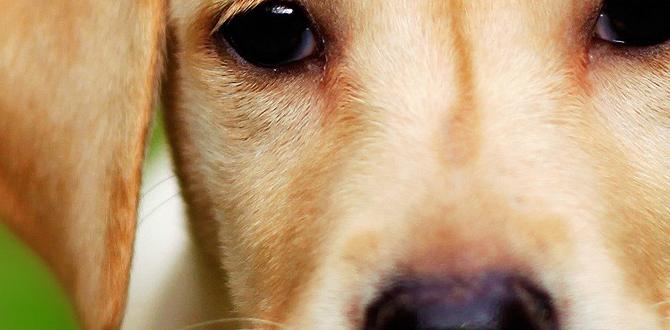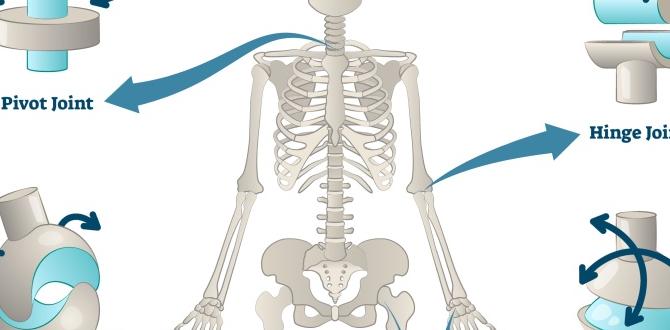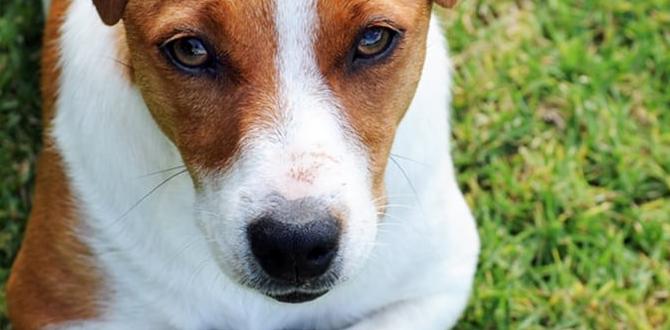Have you ever wondered why dogs chew so much and so fast? Dogs have a natural instinct to chew. Chewing helps them explore the world. But sometimes, their chewing habits can surprise us. Is your dog chewing habits fast and furious? Let’s dive in to find out more.
Key Takeaways
- Dogs chew for fun and learning.
- Fast chewers may be bored or anxious.
- Chewing helps dogs clean their teeth.
- Provide safe toys for your dog’s chewing habits.
- Understand your dog’s fast chewing habits quickly.
Understanding Fast Dog Chewing Habits
Dogs chew for many reasons. Sometimes they chew fast when they are excited or nervous. Chewing can also be a way to keep their teeth clean and strong. Puppies explore their world by chewing. Adult dogs might chew to keep boredom away. It’s important to understand why your dog chews fast. This way, you can help them stay safe and happy. Give them the right toys to chew on.
- Chewing is normal for dogs.
- It helps with dental health.
- Fast chewing can signal boredom.
- Provide a variety of toys.
- Supervise your dog’s chewing.
Every dog is different, and their chewing habits will be unique. Some dogs may simply enjoy the act of chewing. Others might need more stimulation to slow down their fast chewing. Introducing new activities can help. Training and playtime are great ways to manage your dog’s habits. Pay close attention to your dog’s behavior and adjust as needed.
Fun Fact or Stats: Did you know that puppies have 28 baby teeth?
Why Do Dogs Chew?
Dogs chew for many reasons. Have you ever seen a dog with a stick? Chewing is a natural behavior that starts when they are puppies. It helps them explore and learn about their surroundings. Puppies chew to relieve teething pain. Adult dogs chew to keep their jaws strong. They also chew to clean their teeth. Understanding why dogs chew can help you manage their habits better.
Is Fast Chewing a Problem?
Fast chewing might worry you, but is it really a problem? Not always. Some dogs just chew quickly because they’re excited. However, if your dog is destroying things, it’s something to watch. Fast chewing could mean your dog is bored. It could also be a sign of anxiety. Make sure your dog has plenty of toys. This will help channel their energy in a safe way.
Best Toys for Fast Chewers
Choosing the right toys is important. Does your dog chew through toys fast? Look for durable toys made for strong chewers. Hard rubber toys are a good option. They can stand up to tough chewers. Puzzle toys can also help. They challenge your dog and keep them busy. Always supervise your dog when giving a new toy. Ensure it is safe and suitable for their size.
Recognizing Signs of Boredom in Dogs
Boredom can cause dogs to chew more and faster. Dogs need mental and physical stimulation. Without it, they can become restless. Chewing is one way dogs deal with boredom. They might chew on furniture or shoes if they’re not entertained. Providing toys and activities can help reduce fast chewing habits. Regular walks and playtime are also essential.
- Watch for destructive chewing.
- Provide daily exercise and play.
- Interactive toys can reduce boredom.
- Rotate toys to keep them interesting.
- Consider training sessions for mental stimulation.
Understanding your dog’s needs can prevent boredom. Keep them active with walks, games, and training. Interactive toys provide mental challenges. If your dog enjoys chewing, offer a variety of textures. This will keep their interest and reduce fast chewing habits. Regularly changing toys can make them feel new and exciting.
Fun Fact or Stats: Dogs can sleep for about 12 to 14 hours a day!
How to Spot Boredom in Dogs
Recognizing boredom in dogs is not always easy. Do you notice your dog pacing around? Boredom might be the reason. Dogs may bark excessively or dig in the yard. Destructive chewing is another sign. Bored dogs might chew on things they shouldn’t. Keep an eye on their behavior. Providing mental and physical activities is key to keeping your dog happy.
Activities to Prevent Boredom
Keeping a dog entertained is crucial. What activities can you do with your dog? Daily walks are great for exercise. Play fetch to burn off energy. Use puzzle toys for mental stimulation. Training sessions can teach new tricks. These activities can keep your dog from getting bored. A happy dog has less chance of developing fast chewing habits.
Choosing the Right Chew Toys
Choosing the right toy matters. Have you ever bought a toy only to see it destroyed? Durable toys are best for fast chewers. Look for brands that offer tough rubber or nylon toys. These materials last longer. Puzzle toys can also keep dogs busy. Make sure the toy is the right size for your dog. Too small, and it could be a choking hazard.
Health Benefits of Chewing
Did you know chewing is good for dogs? Chewing isn’t just for fun—it’s healthy too. It helps clean their teeth by removing plaque. Strong jaws are a result of regular chewing. It also keeps dogs busy and happy. Dogs that chew regularly have less dental trouble. Providing the right chew toys ensures they get these health benefits.
- Chewing helps clean dogs’ teeth.
- It prevents tartar and plaque buildup.
- Strengthens dogs’ jaws and teeth.
- Relieves stress and anxiety in dogs.
- Provides mental and physical exercise.
Dental health is important for dogs. Chewing helps maintain it naturally. Choose toys that offer resistance to clean teeth. This can prevent diseases like gingivitis. Regular vet check-ups ensure your dog’s teeth are healthy. Chewing also helps in keeping your dog active and stress-free. It’s a simple way to promote overall health.
Fun Fact or Stats: Dogs have 42 adult teeth when fully grown!
Dental Health in Dogs
Dental health is crucial for dogs. Have you ever checked your dog’s teeth? Plaque and tartar can cause problems. Regular chewing helps remove these. Chew toys can be part of dental care. They help clean teeth naturally. Offer your dog toys that are safe and effective. Schedule regular vet visits for dental check-ups too.
Reducing Stress Through Chewing
Chewing can reduce stress in dogs. Does your dog pace or whine when stressed? Chewing is a soothing activity. It keeps them busy and relaxed. Offer chew toys during stressful times. Thunderstorms and fireworks can upset dogs. A favorite chew toy can provide comfort. It’s a simple way to help your dog feel better.
Improving Jaw Strength
Chewing improves jaw strength. Have you noticed how strong your dog’s jaws are? Regular chewing exercises their jaw muscles. It also keeps their teeth healthy. Offer toys that challenge their strength. Durable rubber toys are great for this. Make sure the toys are safe and appropriate. Chewing can be both fun and beneficial.
Training Your Dog to Chew Properly
Training your dog to chew properly is important. Unwanted chewing can be controlled with training. Start by offering the right toys. Encourage your dog to chew on them. Praise them when they choose the right toy. Redirect them if they go for furniture or shoes. Be patient and consistent. Over time, your dog will learn what to chew.
- Provide plenty of chew toys.
- Use positive reinforcement techniques.
- Redirect your dog’s focus as needed.
- Be patient and consistent with training.
- Monitor your dog’s chewing habits.
| Chewing Item | Durability | Material | Recommended For |
|---|---|---|---|
| Rubber Ball | High | Rubber | All Chewers |
| Nylon Bone | Medium | Nylon | Moderate Chewers |
| Plush Toy | Low | Fabric | Light Chewers |
| Puzzle Toy | Medium | Plastic/Rubber | Mental Stimulation |
Training takes time, but it is worth it. Proper chewing habits keep your dog safe. Always supervise your dog around new toys. Remove anything that breaks easily. Consistency is key to teaching good habits. Involve the whole family in training. This way, everyone helps reinforce the rules.
Fun Fact or Stats: Dogs can learn over 100 different words and commands!
Using Positive Reinforcement
Positive reinforcement is a great training tool. How can you use it effectively? Reward your dog when they chew on appropriate toys. Use treats and praise to encourage good behavior. Avoid punishing your dog for wrong chewing. Instead, redirect their attention to the right toy. Consistency and patience are important. Over time, your dog will learn what is expected.
Redirecting Unwanted Chewing
Redirecting unwanted chewing is key to training. Does your dog chew on shoes? Offer a toy instead. Take away the item they shouldn’t chew. Give them a toy that is safe. Praise them when they choose the right option. This teaches them what they can and cannot chew. Over time, they will learn to make the right choices.
Monitoring Your Dog’s Chewing
Monitoring your dog’s chewing is important. Have you ever found chewed-up shoes? Keep an eye on what your dog is chewing. Remove dangerous items. Offer toys that are safe and durable. Supervise your dog with new toys. Make sure they do not break into unsafe pieces. Regular monitoring helps prevent accidents. It also keeps your dog safe and healthy.
Conclusion
Understanding your dog’s chewing habits can be very helpful. Fast chewing may signal boredom or worry. Always provide safe and durable toys. Train your dog to chew properly. This will keep them happy and healthy. Pay attention to your dog chewing habits fast. They might just be telling you something important!
FAQs
Question: Why do dogs chew so fast?
Answer: Dogs chew fast for many reasons. Excitement, boredom, and anxiety can cause fast chewing. Providing appropriate toys can help manage their habits. Understanding your dog’s behavior is key.
Question: What can I do about my dog’s fast chewing habits?
Answer: Provide toys designed for strong chewers. Engage your dog in activities. This can reduce fast chewing habits. Training and positive reinforcement also help. Monitor their chewing behavior closely.
Question: How does chewing benefit my dog’s health?
Answer: Chewing helps clean teeth and prevent dental issues. It strengthens jaws and also relieves stress. Choosing the right toys ensures your dog gains these health benefits.
Question: What are safe chew toys for fast chewers?
Answer: Durable rubber and nylon toys are best for fast chewers. Puzzle toys offer mental stimulation. Always choose toys appropriate for your dog’s size and chewing strength.
Question: How can I stop my dog from chewing on furniture?
Answer: Redirect your dog to appropriate toys. Use positive reinforcement to encourage correct chewing. Keep furniture out of reach and supervise your dog to prevent mishaps.
Question: Is fast chewing a sign of a problem?
Answer: Fast chewing can indicate boredom or anxiety. Provide mental and physical activities to help. If destructive, it might need attention. Understanding your dog chewing habits fast helps in addressing their needs.
Meet Elyse Colburn, the devoted canine companion and storyteller behind the enchanting world of “Tales, Tails, and Adventures Unleashed.” A passionate dog enthusiast with a heart full of paw prints, Elyse Colburn shares heartwarming tales and insightful adventures, celebrating the joy, loyalty, and endless antics that make every dog a true hero. Join Elyse Colburn on this tail-wagging journey, where every post is a love letter to our four-legged friends.

